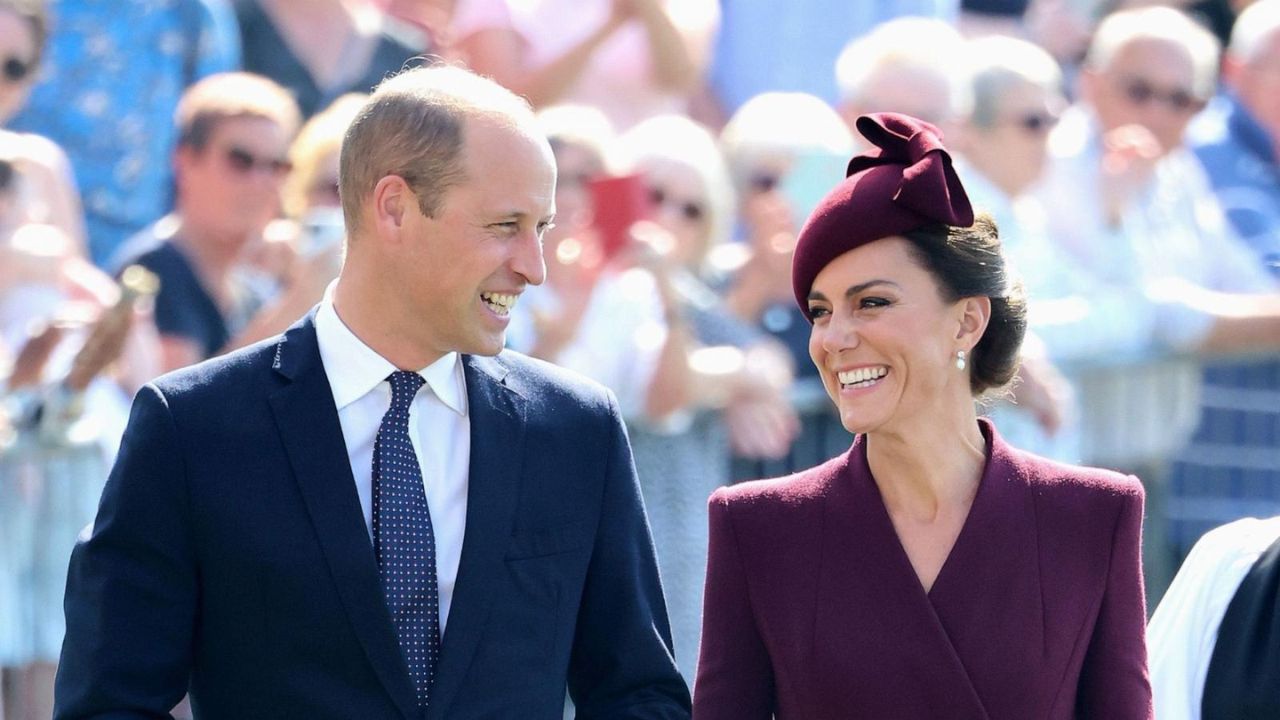Some stories never grow old. They may have been written decades ago, yet their magic continues to capture young imaginations and inspire new generations of readers. Classic book series not only provide hours of entertainment but also shape a child’s early reading experiences, building a foundation for lifelong learning and creativity. If you’re looking to create a meaningful home library, here are timeless series that deserve a place on every child’s bookshelf.
The Chronicles of Narnia by C.S. Lewis
A wardrobe, a lamp-post, and a world of wonder—few children’s series have sparked imaginations quite like The Chronicles of Narnia. With themes of courage, friendship, and sacrifice, these books offer thrilling adventures while also teaching profound life lessons. Their blend of fantasy and morality makes them as rewarding for parents to read aloud as for children to explore independently.
Harry Potter by J.K. Rowling
No list of classics would be complete without the wizarding world of Harry Potter. Generations of children have grown up with Hogwarts, discovering the values of friendship, loyalty, and resilience along the way. Beyond its magical appeal, the series encourages readers to question authority, embrace differences, and find strength in love and unity.
Anne of Green Gables by L.M. Montgomery
This heartwarming series follows the adventures of Anne Shirley, an imaginative orphan whose zest for life turns everyday moments into extraordinary tales. With its focus on kindness, resilience, and the power of imagination, Anne of Green Gables teaches children that being different is something to celebrate.
The Little House Series by Laura Ingalls Wilder
Blending autobiography with storytelling, the Little House books transport readers to pioneer America. These stories highlight perseverance, family bonds, and appreciation for simple joys. They offer children a glimpse into history while celebrating the value of hard work and determination.
The Hardy Boys and Nancy Drew Mysteries
For children who love puzzles and suspense, The Hardy Boys and Nancy Drew series are must-haves. These mysteries sharpen problem-solving skills, encourage observation, and keep young readers hooked with clever twists and exciting discoveries. Their enduring popularity proves that curiosity and bravery never go out of style.
Winnie-the-Pooh by A.A. Milne
Gentle, whimsical, and filled with warmth, Winnie-the-Pooh stories are perfect for younger readers. With timeless characters like Pooh, Piglet, and Eeyore, these tales explore friendship, kindness, and the joy of imagination. They are equally delightful for bedtime reading and for children learning to read on their own.
The Secret Garden by Frances Hodgson Burnett
Though technically a single novel with adaptations and sequels, The Secret Garden has earned its place as a classic series starter. Its themes of healing, nature, and friendship resonate deeply with children, offering both comfort and inspiration.
Why Classic Series Matter
Classic series endure because they speak to universal themes—love, friendship, courage, and discovery. They provide consistency, allowing children to grow alongside characters across multiple books. More importantly, these stories open the door to meaningful conversations, teach valuable lessons, and foster imagination that lasts a lifetime.
FAQs
Why should children read classic series instead of just modern books?
A: Classics remain relevant because their themes are timeless and their stories continue to inspire across generations.
At what age can kids start reading these series?
Many classics have simplified editions for younger children, while others are best enjoyed from ages 8 and up.
Are these books still popular today?
Absolutely. Most of these series continue to be reprinted and adapted into films, shows, and audiobooks.
Do these series teach life lessons?
Yes. They cover topics like courage, kindness, problem-solving, and perseverance in ways children can relate to.
How do these classics compare to newer children’s books?
While newer books reflect today’s culture, classics provide a bridge to universal storytelling and shared literary heritage.


















